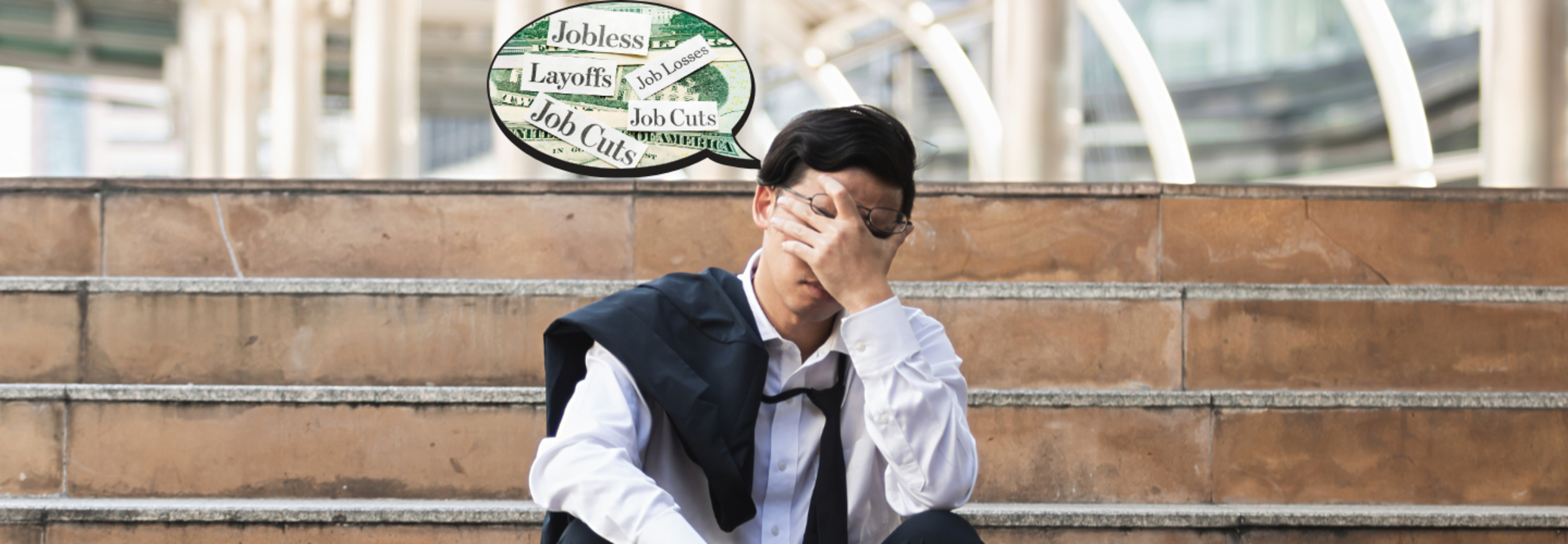46% Of Workforce Americans Are Struggling With Layoff Anxiety In 2025: Is Hustle Culture Hurting Your Mental Health?

Credits: Canva
SummaryNearly 46% of U.S. workers in 2025 fear layoffs amid economic uncertainty and rising job cuts, fueling a mental health crisis driven by job insecurity, burnout, and hustle culture.
End of Article
